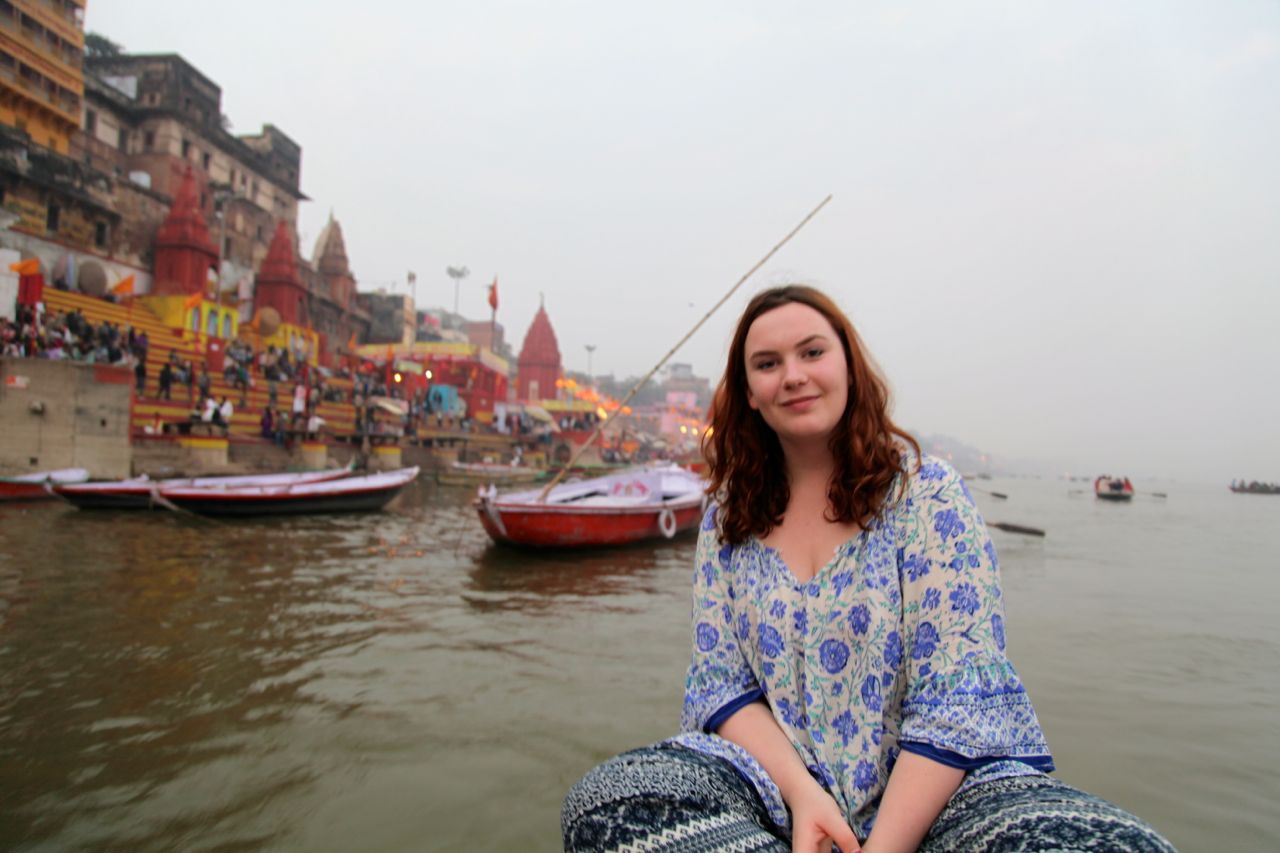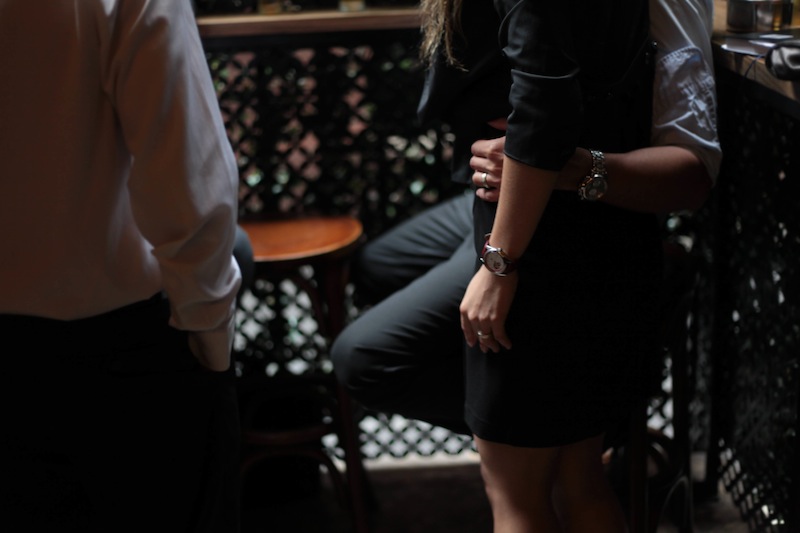So the stroke of genius that I had last night and sassily wrote about in my last post is now defunct.
During today’s discussion I had several epitomes about how the content of this course, although it wasn’t thrilling, is going to be useful in the course of my education and also my personal and professional life.
- Design fiction is a total babe. It can be used in conjunction with the knowledge gained from studying other theories in this course in order to prepare myself for the rapidly developing future, prepare and adapt to the failure or success of my ideas and assist in my learning. The speculative model of the wiki assignments is an awesome way to gain a deeper understanding of a particular topic in relation to other theories. By speculatively attaching a previously, seemingly unrelated, theory to a topic it becomes easier to find connections through a speculative scenario, and then form a perspective that might otherwise have not been so obvious.
- Hypertext and non-linear narratives are the shin-diggity. I’ve finally realised that when I study and explore concepts, I generally do this online. I start somewhere and follow through links and end up finding different media that relates in different ways. It is the best way to expand knowledge and to discover the areas of a theory of a topic that are most interesting and likely to engage you. I put this into play when researching Jonathan Harris and I didn’t even realise it, but it’s the reason that my research was so successful and then I applied it well to a sort of design fiction which expanded my understanding further.
- Protocol on the internet is less useful for my education, but having an understanding of the frameworks which develop naturally through societies to develop conventions and technological limitations and possibilities on the internet is an important grounding for a career in media. As someone who wants to work on innovative ideas, I should know how these affect and are affected by the people using the internet and also the people developing it. By thinking deeply on online protocols and also the power structures of the decentralised network, the internet, and also potentially mapping these using actor-network theory, I might be able to create more innovative and relevant work. I might also better gain a better understanding of my place within specific online communities and their protocols, in order to create work that pushes some boundaries, which is always fun to do.
- The stuff on databases was enlightening and has broadened my ideas on what can and cannot be deemed as art or narrative. Previously I would not have thought batches of data as anywhere near the realm of films and literature and photography and art. Now I understand that films and literature and art have become data, and also that data and the interface that is used to organise and display it can be an art form or method of story telling in itself. This has opened up doors to possibilities that I didn’t know existed, and will really practically apply to the way that I approach UX or User Experience design in my ideas for online advertising, portfolios and more general stuff too.
- As explained in my previous and excruciatingly arrogant post, actor-network theory is a methodology which might aid in my understanding of many different networks and relationships. I won’t go into it again as I’ll probably end up repeating myself but here is a link to the post.
- And, going back to the very start, all of this stuff will integrate together toward the pedagogic practice of blogging. This post is a great example, I’ve been able to organise my ideas in a single post, I’ll tag each of the theories mentioned for future reference and I’ll also link to relevant posts and information on the things covered in order to create an informative and relevant non-linear narrative.












































